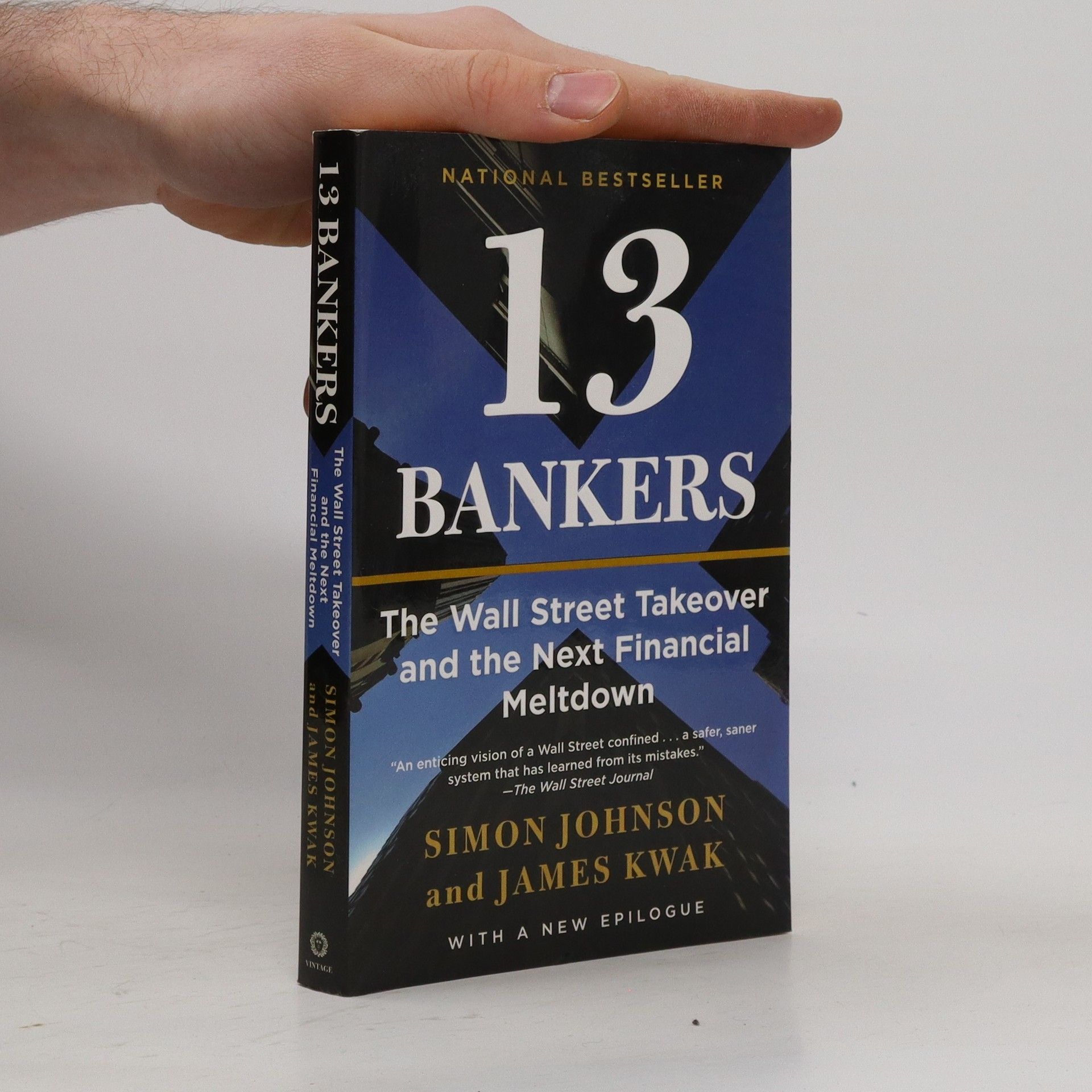By the authors of the national bestseller "13 Bankers," a chilling account of America's unprecedented debt crisis: how it came to pass, why it threatens to topple the nation as a superpower, and why hypocrisy about government deficits prohibits progress.
James Kwak Livres
Impossible de générer la description de l'auteur à partir de la source fournie.


13 Bankers
- 316pages
- 12 heures de lecture
In spite of its key role in creating the ruinous financial crisis of 2008, the American banking industry has grown bigger, more profitable, and more resistant to regulation than ever. Anchored by six megabanks whose assets amount to more than 60 percent of the country’s gross domestic product, this oligarchy proved it could first hold the global economy hostage and then use its political muscle to fight off meaningful reform. 13 Bankers brilliantly charts the rise to power of the financial sector and forcefully argues that we must break up the big banks if we want to avoid future financial catastrophes. Updated, with additional analysis of the government’s recent attempt to reform the banking industry, this is a timely and expert account of our troubled political economy.